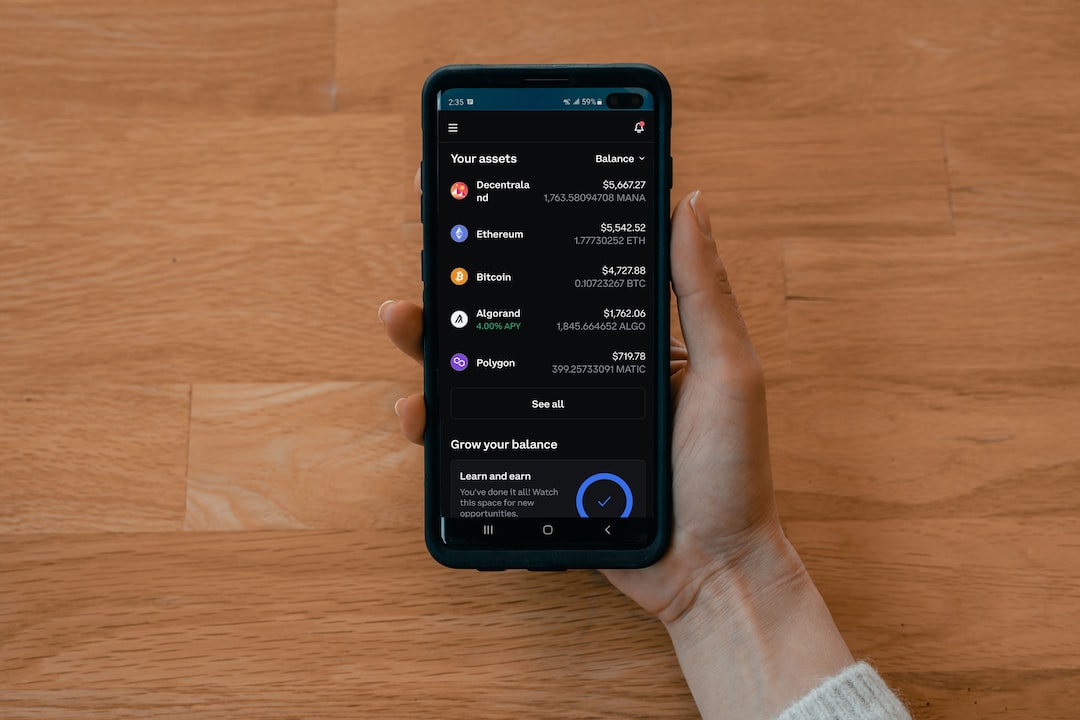Bitcoin Transaction Fees Reach Yearly Highs
Bitcoin (BTC) transaction fees have been on the rise in recent weeks, surpassing yearly highs. On December 6, a Bitcoin transaction fee exceeded the average global daily income of $26.66. This increase in fees can be attributed to network saturation, which is relatively low on Bitcoin due to its protocol design.
The Dynamics of Rising Fees
When the network becomes saturated, users bid against each other to have their transactions confirmed quickly, leading to higher average or minimum network fees. On December 17, the average Bitcoin transaction fee reached a new yearly high at $37.43, according to data retrieved by Finbold from BitInfoCharts on December 21.
Bitcoin Average Transaction Fee vs. Average Transaction Value
It’s important to note that transaction fees are not directly related to transaction values. Instead, they depend on the demand for block space and users’ urgency to have their transactions confirmed promptly. Interestingly, while the average Bitcoin transaction fee has been increasing, the average transaction value is currently at its lowest level in a year.
At present, the average transaction value is $25,722, with an average fee of $31.61 (0.12%). However, the median transaction fee of $16.99 is 71 times higher than the median value transacted with BTC on December 21. This highlights the challenges faced by Bitcoin users in the current state of its network.
Impact on Accessibility and Market Value
The rise in fees not only reduces accessibility but may also decrease demand for Bitcoin. With constant supply inflation, a decrease in demand could potentially impact the market value of BTC. Additionally, investors with lower balances may encounter difficulties when liquidating their coins due to the relatively high cost of the operation.
Under these conditions, altcoins with lower or zero fees could become more attractive investments or monetary payment tools. Grok’s AI recently pointed out the potential appeal of such altcoins.
Hot Take: The Increasing Challenges of Bitcoin Transaction Fees
Bitcoin transaction fees have reached new highs, surpassing the average daily income worldwide. As users compete for block space, fees continue to rise, impacting accessibility and potentially reducing demand for Bitcoin. Furthermore, the average transaction value is currently at its lowest level in a year, making users pay proportionally more for their transactions. This poses challenges for Bitcoin users and may drive them towards alternative cryptocurrencies with lower or zero fees. The market value of BTC could be affected if demand decreases due to higher fees. Overall, the increasing transaction fees highlight the need for scalability improvements in the Bitcoin network.
Fin Boldom has emerged as a notable crypto analyst, accomplished researcher, and adept editor, leaving a distinct mark in the field of cryptocurrency. As a skilled crypto analyst and researcher, Fin’s insights delve deep into the complexities of digital assets, resonating with a diverse audience. His analytical acumen is seamlessly complemented by his editorial finesse, enabling him to distill intricate crypto information into easily comprehensible content

